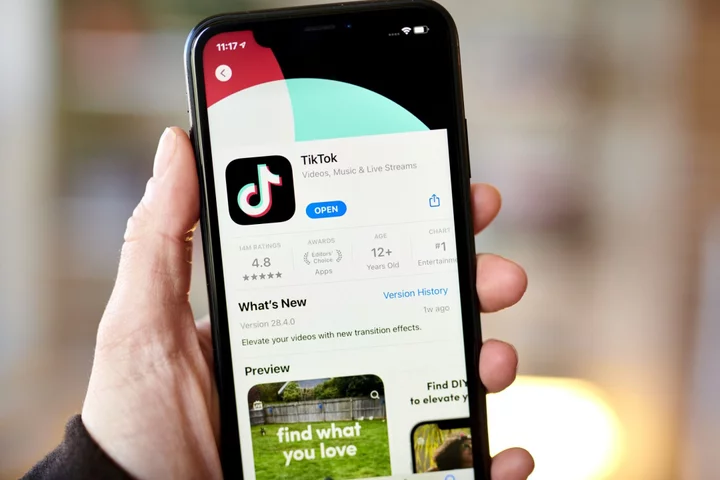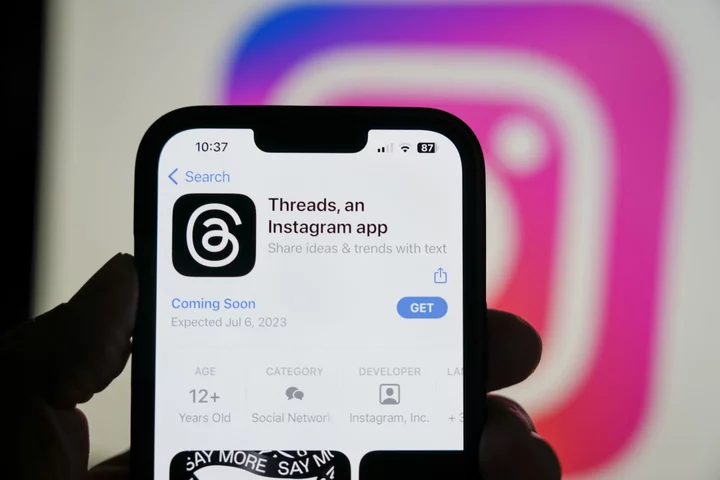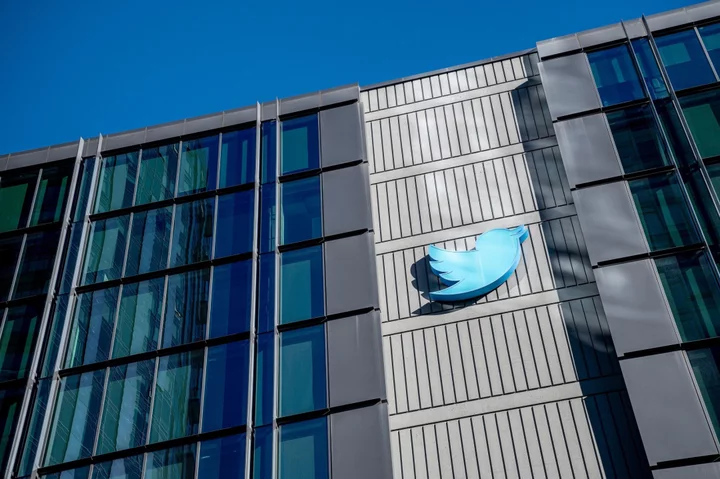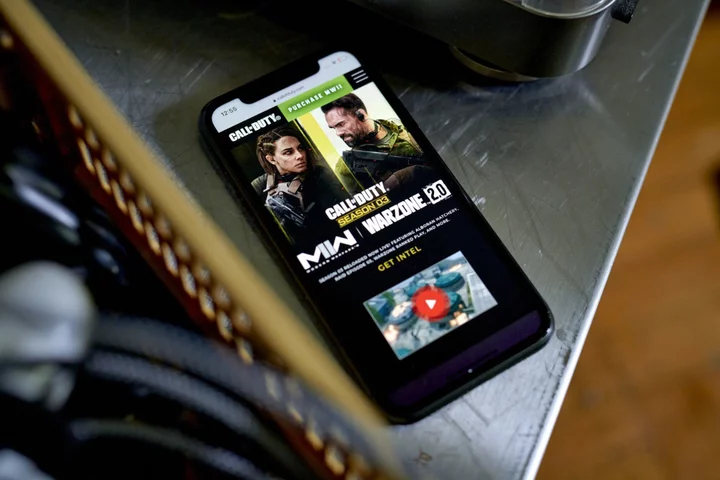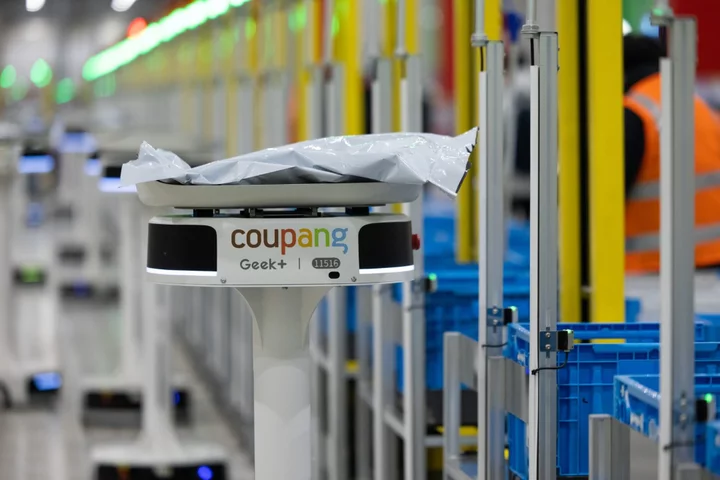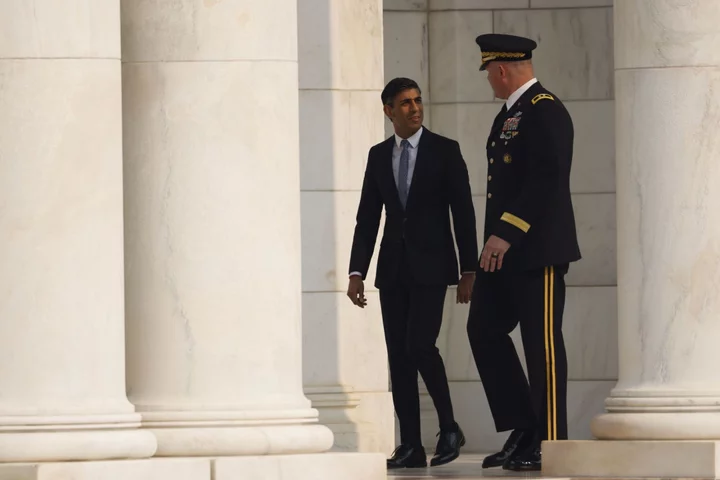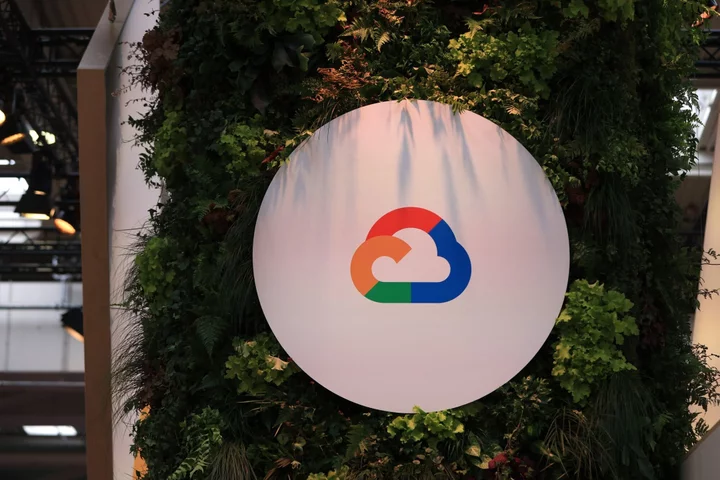Isaac, a Montana-based TikTok influencer who usually posts window-cleaning videos, told his 456,300 followers that he has to quit the popular video-sharing platform soon.
“2023 might be the last year you guys see me around on TikTok,” he posted on one of his recent videos, where he goes by only his first name. “If you’ve enjoyed the content over the years I have my YouTube linked and I am also gonna start an Instagram this summer. I am gonna be focusing on building those up and providing the same content I’ve been pushing out over here.”
Isaac is one of many TikTok users adjusting to the implications of an announced ban in Montana. The state’s Republican governor, Greg Gianforte, signed a measure Wednesday that will prohibit the app’s download by the general public beginning next year.
The new law will impose the broadest and strictest limitations on use of the social media platform yet, spurred by widespread governmental concerns about China’s access to American users’ personal data. TikTok will be fined $10,000 for every day its platform operates on devices in Montana once the law takes effect on Jan. 1. So will the mobile app stores offering it for download in the state.
On TikTok, which has 150 million users in the US, an overwhelming number of people expressed confusion and opposition toward the Montana ban, arguing it has intruded on their right to free speech and disrespects the amount of time and effort content creators put into the platform. Some argued it wouldn’t solve the US security problems either, as Montana is not a populous state with important people whose data would be susceptible to Chinese influence.
Montana has a population of only 1.1 million people and about 200,000 TikTok users.
“The amount of work, the amount of time, the amount of effort people have made and put into this app to create things, it’s really just 2 steps forward 5 steps back,” a music influencer who goes by Lilxlunatic, with 20,000 followers, said in his TikTok video. He said he doesn’t feel he can speak as freely on other platforms, and that he’s concerned government officials are doing it because they don’t want to see uncomfortable TikTok content highlighting incidents of gun violence and oil spills. “I understand it was made by China, but the fact that all our information goes through US branches, and our side of TikTok is completely different than the Chinese side of TikTok, just doesn’t make sense to me.”
The TikTok app as Americans know it doesn’t exist in China, where TikTok’s parent company, ByteDance Ltd., operates Douyin. Its content is similar but is restricted by Chinese censorship rules. TikTok Chief Executive Officer Shou Chew has said TikTok is independent of its Beijing-based owner and the platform’s headquarters are in Singapore and Los Angeles.
“I think our governor is being a little goofy,” said Christian Poole, a 20-year-old influencer with 418,500 followers who usually posts fun strings about living in Montana. His video got more than 3,000 “likes.” Poole wondered why the governor is worried about the Chinese Communist Party “getting information of our fellow Montanans?” He said “nobody drastically important,” or with any influence over politics, lives in the state and uses TikTok so much that the CCP would be able to gather enough information about them to the point “that it becomes a liability for the United States’ security as a whole.”
While Montana is the first state to prohibit the general public from using the app, targeted bans focusing on government devices and networks cascaded across the country late last year. The US government and 38 states have issued such bans and President Joe Biden’s administration is in negotiations with the company to resolve national security concerns. The European Union, UK, Canada, and a handful of other countries have more recently imposed similar restrictions.
The Montana law’s current text doesn’t explain how removing the app from devices on which it’s already installed would be enforced. It also fails to explain details on cross-state travel. And users are also discussing options to bypass the legislation, such as buying a virtual private network to get a fresh IP address.
“We hope this doesn’t spread to actual states with real population. Time to invest in VPN companies,” said Trey, an influencer who posts commentary and interviews and has 148,900 followers.
“One thing I know is that this is not the time to be quiet,” said Fiona, an influencer in fashion and lifestyle with 14,600 followers on TikTok. “Call your representatives — call them, Tweet them, beep them anyway you can reach them. This is not the time to lay down and Montana is just the beginning.”

